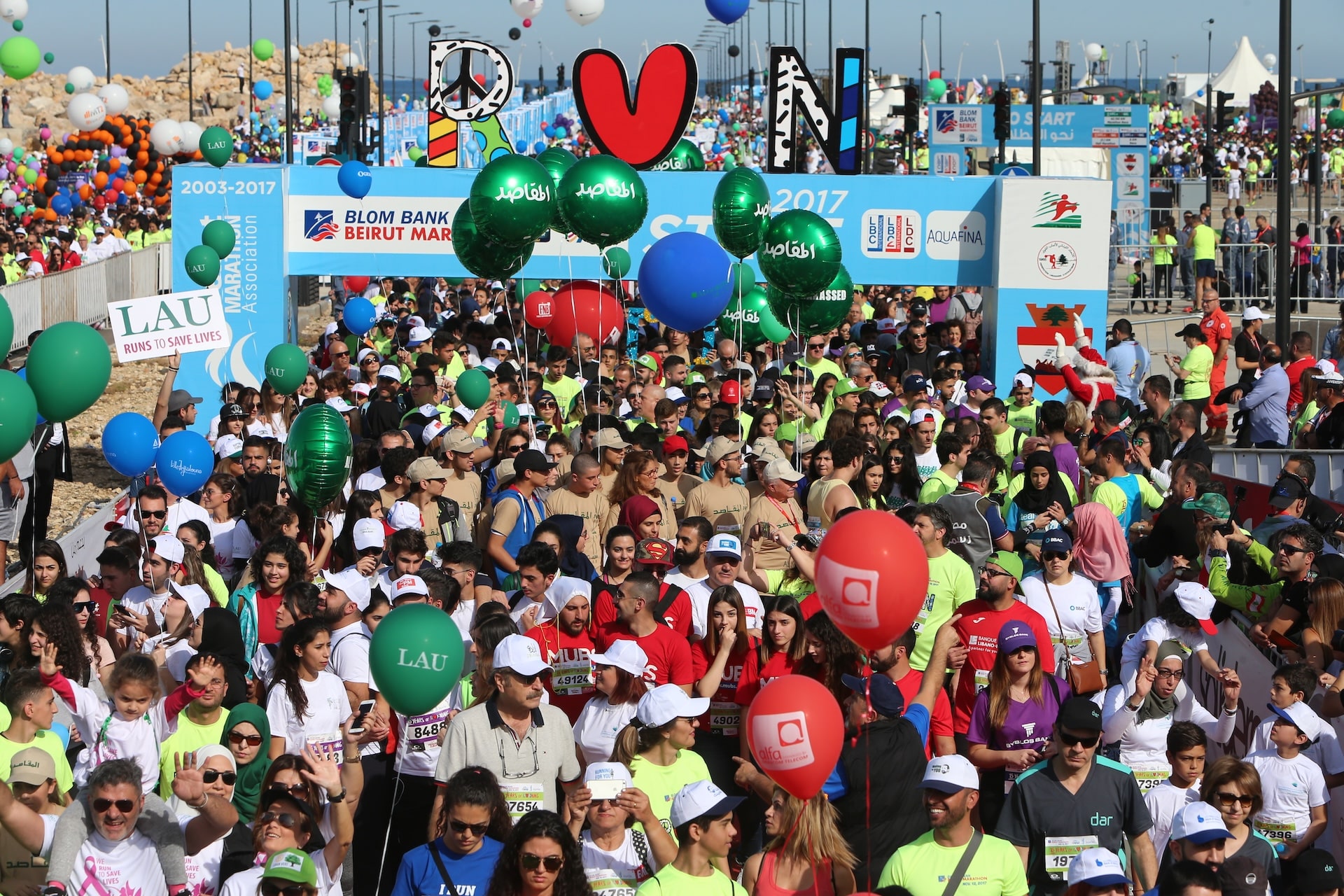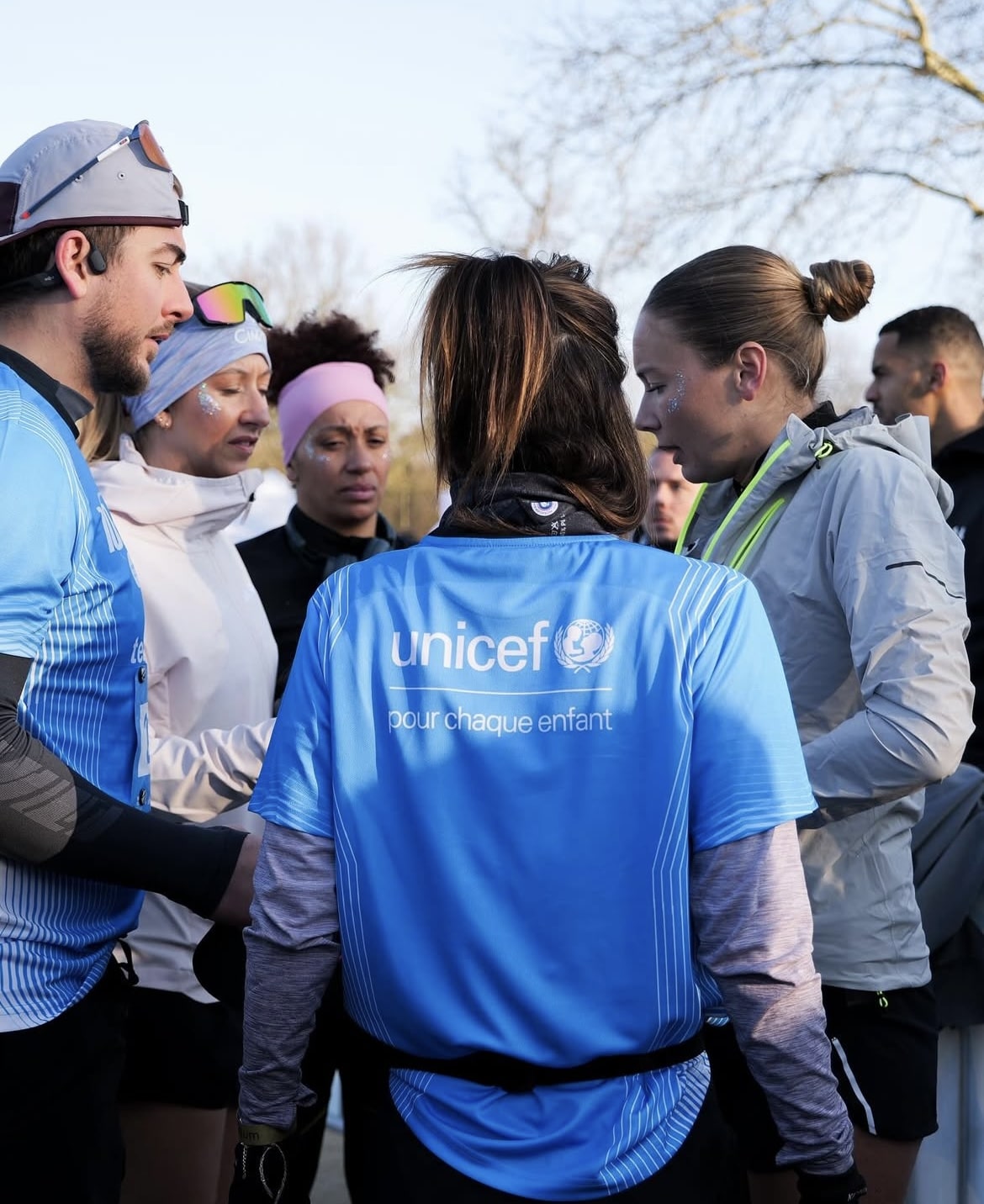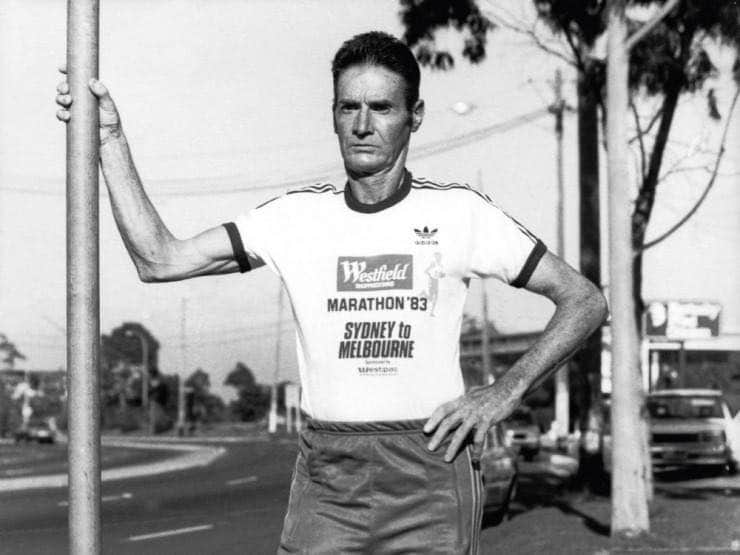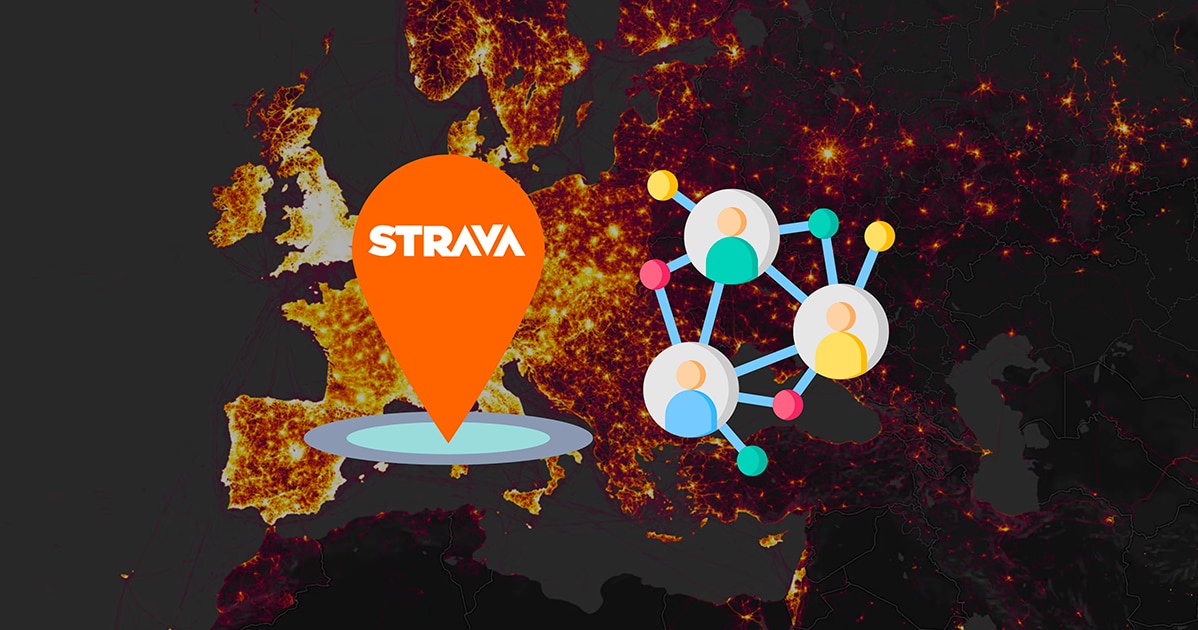The Beirut Marathon, much more than a race
On May 1st, the Beirut Marathon will indeed take place, much to the delight of running lovers in Lebanon, but also for the entire populace, for whom this race transcends sport. It’s a genuine foundation for peace.
In early October 2024, the BMA (Beirut Marathon Association) announced the cancellation of its annual marathon due to the ongoing conflict with Israel, which had invaded southern Lebanon in late September. Previously, the Beirut Marathon was canceled in 2019 due to nationwide protests against the ruling government and again in 2020 due to the COVID-19 pandemic. Despite these setbacks, the Beirut Marathon remains committed to its “silver label” status in the World Athletics Road Race Label Events circuit. Francoise Nehme, the operations director at BMA, shares the association’s journey: “Back in 2019, before the revolution, we had 40 employees, 5000 volunteers for the race, and 50,000 participants. Unfortunately, we had to cancel the marathon, leading to significant financial losses. We’ve restarted our activities with a team of 15 staff members, 1700 volunteers, and are expecting 20,000 runners for the 2025 edition. Due to the country’s economic situation, particularly with companies unable to sponsor us, we are gradually rebuilding while honoring our commitments to the community. We donate 33% of registration fees. It’s our way of giving back to different communities and causes.”
Indeed, the Beirut Marathon champions sport through sport. Despite economic challenges, the race’s principles remain unshaken. The founder, the esteemed May El-Khalil, holds a deep connection with her country and city, firmly believing in the transformative power of running. “For her, when you start running, you become a peaceful person, a better person, and it reflects on the community,” explains Francoise Nehme. “She believes in this message, and the Beirut Marathon embodies this vision. Our community is growing, and they are fondly known as ‘Peace Runners.’ Our president has never given up and has always believed in the marathon’s mission. She wishes to amplify the race’s message within Lebanon and beyond.”
| Sport stronger than national divisions
When discussing the Beirut Marathon with its organizers or runners, one striking element is the race’s unifying force across the nation. Nader Jaber, multiple Lebanese Champion in the 5 and 10 km races and winner of the 2023 Beirut Half Marathon, expresses sentiments similar to Francoise’s: “The Beirut Marathon conveys a message of unity. It’s a rare occurrence in our divided country. It’s a true celebration. Everyone comes together, transcending politics and religion. On that day, we are all the same, regardless of origins, cultural background, or skin color. We’re all together, and it’s pure joy! The association does so much for the country and the community… Blind With Vision, a training program for visually impaired marathon runners, is a prime example of what’s possible when we unite.”
The BMA hosts events year-round to include as many runners as possible, making it challenging to list all the humanitarian initiatives led by May El-Khalil. Nader adds: “Thinking of the future and running together, that’s what the Beirut Marathon is about. Nowadays, many running clubs participate in the marathon. This wasn’t the case before, and the marathon brought about this cultural shift.”
Thinking of the future and running together, that’s what the Beirut Marathon is about.
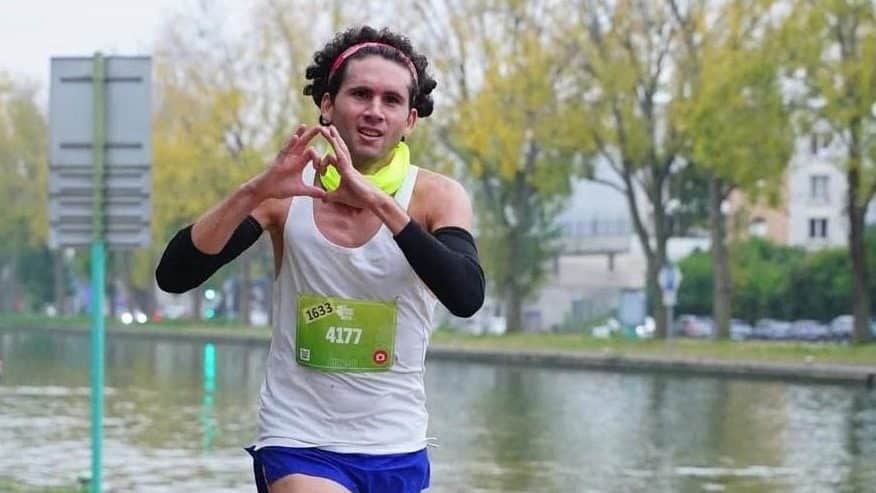
For May El-Khalil, running is a means of personal empowerment and freedom. Francoise Nehme echoes her president’s philosophy: “When you start running, it’s just you and the road. You can run as much as you want, and you connect more deeply with yourself. Running helps you reflect on life, find solutions, and let go of worries. That’s why our association has offered free training programs for the past 10 years to introduce the sport to as many people as possible.”
Annually, the BMA offers a free five-month program, the 542 program, reaching 1000 to 1500 participants. Solidarity is at its core: “Voluntary coaches support this mission with three weekly sessions. By the program’s end, participants can run the marathon, half marathon, or 10 km. It’s a popular and unique initiative worldwide, as we don’t just offer the program, we actively support it. We also provide yoga, physiotherapy, mental preparation, and, naturally, a community that becomes significant for each participant. We’ve even had marriages! It’s like a second family.”
| The 2025 edition will proceed
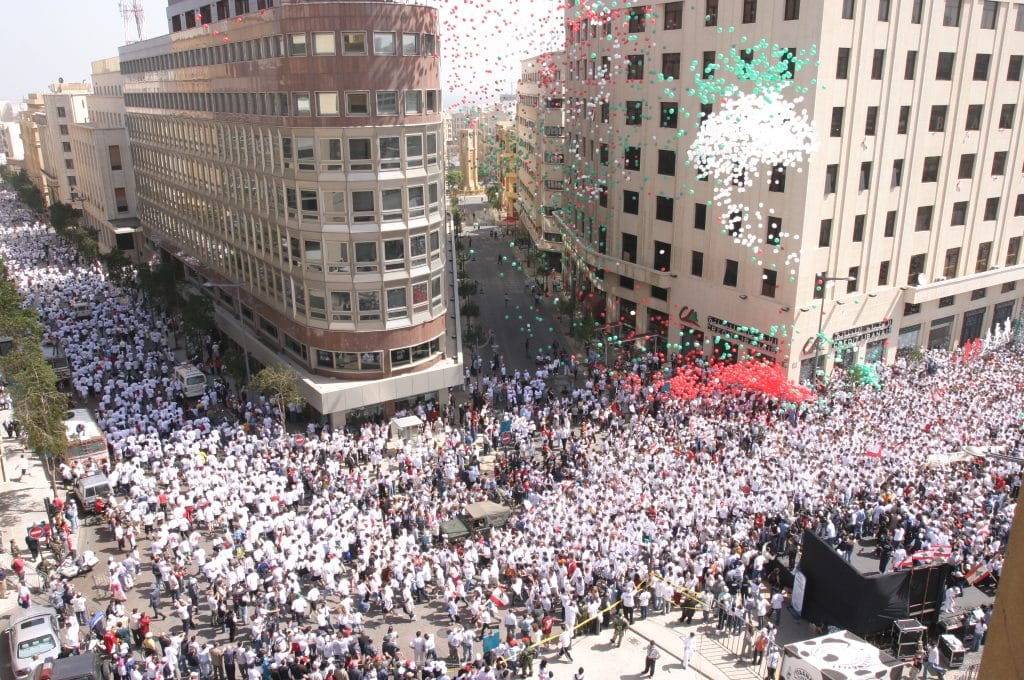
Thanks to the organization’s efforts, the 2025 edition will indeed occur despite the tense environment. Organizers are determined to uphold their “silver” status in the IAAF Road Race Label Events, adhering to specific criteria including TV coverage and financial rewards. “Ensuring participant safety is our main priority,” continues Francoise Nehme, “though unfortunately, traveling to the Middle East isn’t advisable. We’ve lost many runners and international ambassadors. If you travel to Lebanon, no insurance will cover you, as we remain a ‘red zone.’ Americans and Europeans hesitate to take this risk. Economic conditions present another challenge. Local companies can no longer support us as sponsors. Organizing the event, which costs around 500,000 euros, is a struggle. However, we are fortunate to have a President willing to cover financial losses with her own funds.” Nader, who moved back to Beirut after growing up in Ivory Coast, lights up when discussing the Lebanese capital, home to nearly half the nation’s population: “It’s such a unique city. The people are kind, and there is genuine joy in life despite our struggles. The welcome in Beirut is incredible.”
| Two months of complete solidarity
At the end of the interview, Francoise Nehme shares insights on the final months of 2024. The Beirut Marathon Association aided 450 refugees from South Lebanon affected by the war with Israel. “When the conflict erupted, they came to Beirut. We opened a school to accommodate them,” recounts the operations manager, “we organized a fundraiser through a virtual race, refurbished the school which was in poor condition, and took care of them for two months (meals, clothing, heating, water..). Naturally, we introduced the children to sports. In December, they returned south, and we closed the school. We stay in touch with the families and hope to organize a race in southern Lebanon when circumstances improve.” That’s the spirit of the Beirut Marathon—always looking to the future and building peace through sport.
May El-Khalil’s words from 2013 resonate: “Building peace isn’t a sprint; it’s a marathon.”
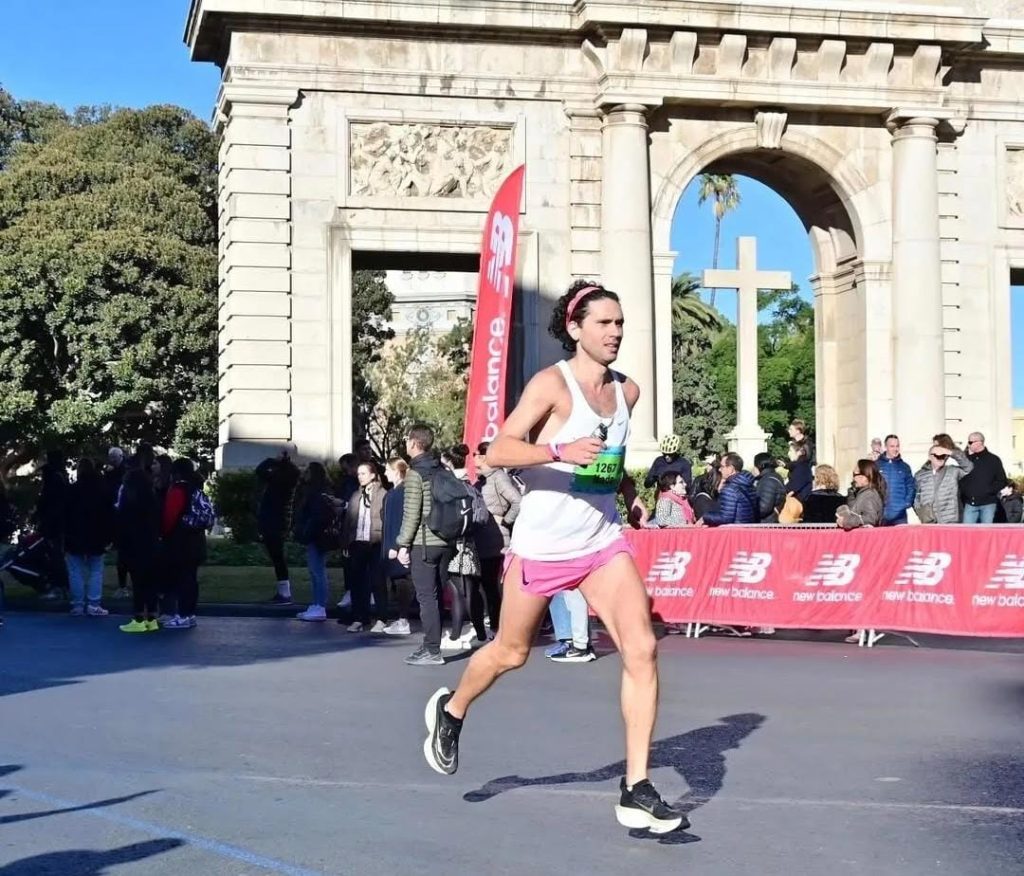
Aside / Nader Jaber and France
Nader Jaber shares a unique connection with France. A jeweler and gemologist after completing his biology and chemistry studies at Saint Joseph University of Beirut, the runner (his Instagram) divides his time between the Lebanese capital and Paris, where he trains as often as possible. “Since I’ve been self-employed, time is limited. The level in France is higher than in Lebanon, and I’ve found a real framework here to keep improving. Since 2018, I’ve been affiliated with AZUR Charenton. Emmanuelle Jaeger and Jean Jacques Minne welcomed me and helped me participate in numerous competitions. It’s become like family. In a few weeks, I plan to return to France (note: at the time of the interview, Nader was in Beirut) to compete in some races. And on May 3rd, I’ll be at the Beirut Half Marathon…”
.
